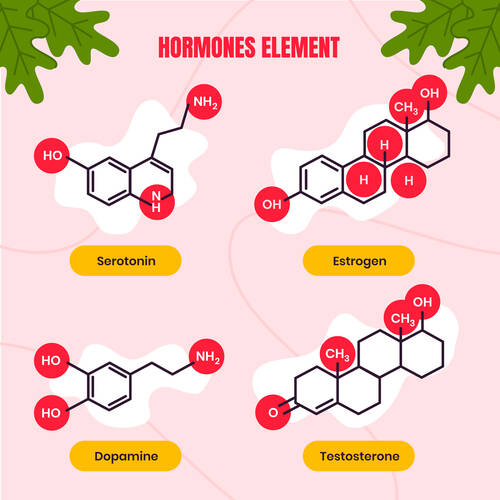Editor's note: There are short and long term risks of TRT, including but not limited to liver, heart, blood and edema side effects. Testosterone Replacement Therapy (TRT) should be taken only under the direction of an experienced medical provider.
Testosterone, a key hormone found in both men and women (though typically in higher levels in men), contributes to that sense of drive and well-being. Many people know testosterone for its role in muscle mass, sexual health, and mood regulation. But did you know that not all testosterone is created equal? One important aspect of this hormone is what experts call “free testosterone.” While total testosterone measures all the hormone in your body, free testosterone focuses on the portion that’s ready to act. Understanding what free testosterone does can help you gain insights into your overall health and wellness. This post will dive into what free testosterone is, why it matters, the signs of low levels, and how you might naturally support healthier hormone balance. Let’s explore the science behind this powerful hormone in a friendly, easy-to-follow way.
Defining Testosterone and Its Forms
Testosterone is an androgen hormone, often associated with men’s health, but it plays roles in women’s bodies as well. In men, most testosterone is produced in the testes; in women, it’s produced in smaller amounts by the ovaries and adrenal glands. Testosterone influences a wide range of bodily functions, including muscle growth, bone density, mood stability, libido, and even aspects of cognitive function. However, not all testosterone found in the bloodstream is available for immediate use. When you see a “total testosterone” reading on a lab test, this number includes every bit of testosterone in the bloodstream. Most of it (around 98%) is bound to proteins such as sex hormone-binding globulin (SHBG) and albumin. Bound testosterone is essentially “parked” and not ready to jump into action. Free testosterone, on the other hand, makes up a much smaller percentage of the total, but it’s the portion that can easily interact with cells and do its job. Understanding this distinction can help you interpret lab results more meaningfully and offer clues about your energy, drive, and overall vitality.
(more…)














